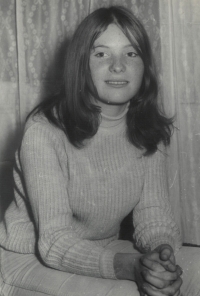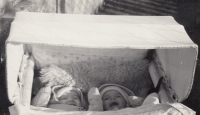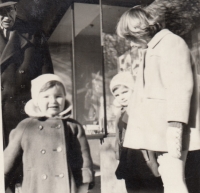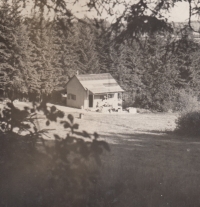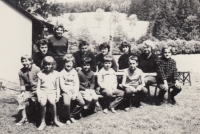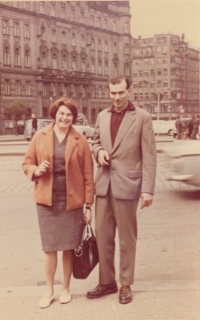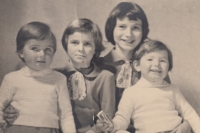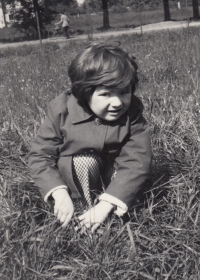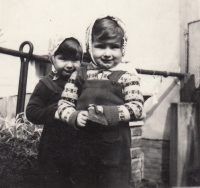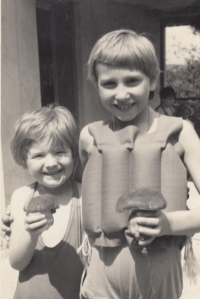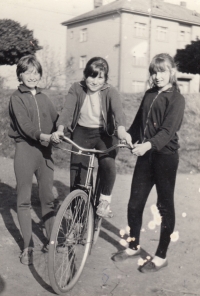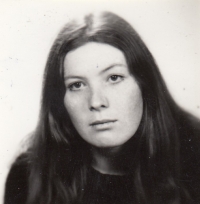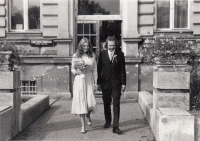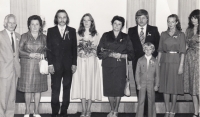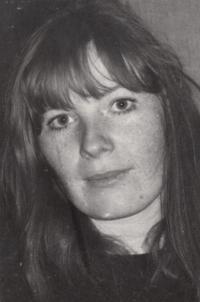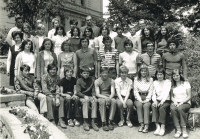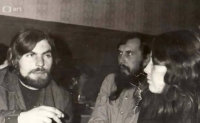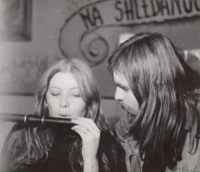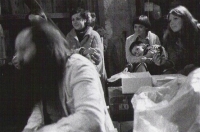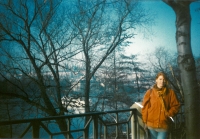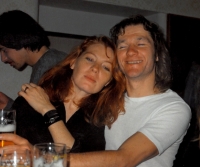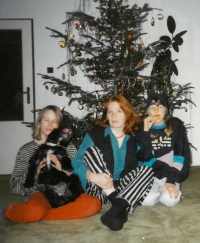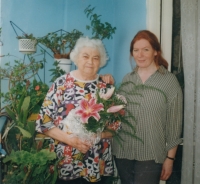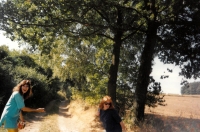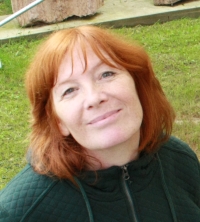You never knew which of your friends was a snitch

Download image
Alexandra Kulhavá was born on July 4, 1958 in Rychnov nad Kněžnou. Her maternal grandparents were passionate about the communist ideology, which also significantly influenced the political views of their children. However, her mother resigned from the Communist Party of Czechoslovakia in the early 1950s and later refused to sign a consent to the invasion of the occupation troops during the normalization checks. At the turn of July and August 1968, she and her family had just returned from a holiday abroad and noticed an unusual amount of soldiers around the border. Their fears of Soviet aggression proved to be justified. Because of her non-conformist lifestyle, the regime perceived the contemporary witness as a member of the so-called “faulty youth”. When she was expelled from the secondary medical school, she worked in various laborer positions. She listened to Free Europe and several independent bands, especially Bílé světlo and Andromeda, which had rehearsal rooms in her home town, Kostelec nad Orlicí. She participated in the Third Festival of Second Culture (Třetí festival druhé kultury) in Hrádeček. Because of her friendship with underground musicians, she was interrogated by the State Security. She also had problems with the regime because of her decision not to participate in the normalization elections. She welcomed the Velvet Revolution with enthusiasm, but because of her small children she could not attend the demonstrations as much as she would like to. At least she managed to attend a huge demonstration at Letná on the day of the mass for the canonization of Agnes of Bohemia. At the beginning of the new millennium she started working at the Museum and Gallery of the Orlické Mountains in Rychnov nad Kněžnou, specifically at the Lace Museum in Vamberk. In 2023 she lived in Doudleby nad Orlicí.
